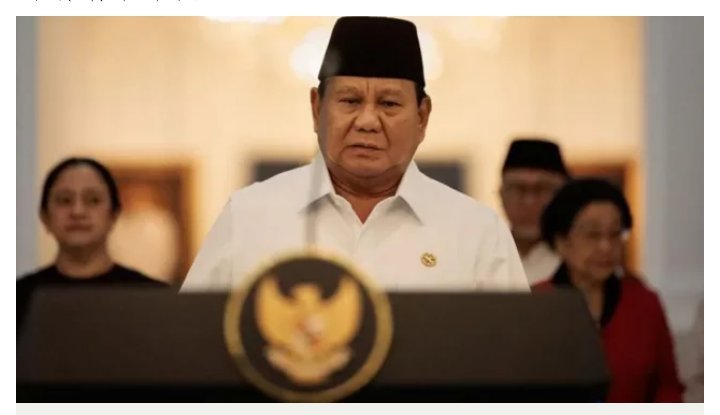

Rusaid Ahmed is working with The Catchline as a Special Correspondent from Rangpur, Bangladesh. He is also a freelance journalist who regularly contributes columns to leading national dailies in both Bengali and English, covering national and international affairs. Alongside journalism, he writes poetry, short stories, and feature articles for various media outlets. Passionate about language, he also enjoys translating literary and journalistic works. He can be reached at: rusaidahmed02@gmail.com


